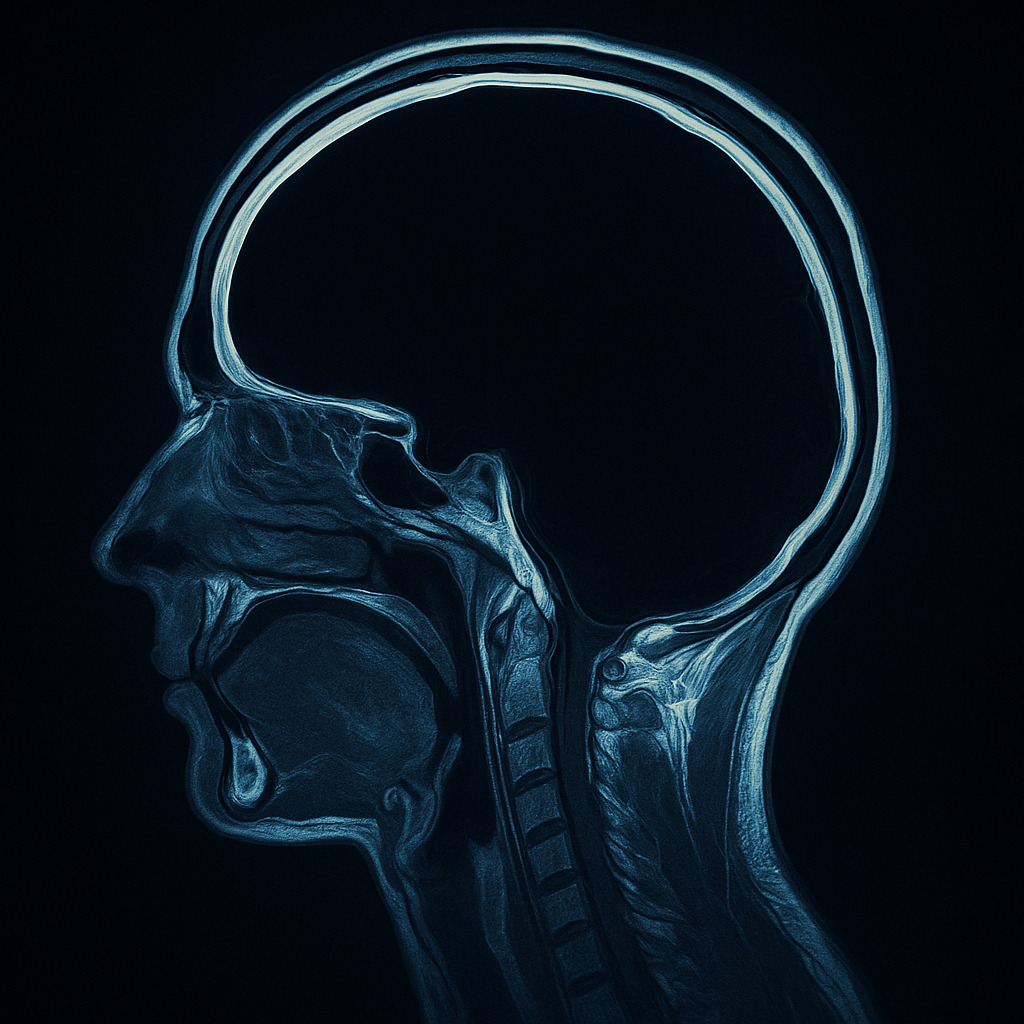🧠 The Man With (Almost) No Brain: The Case That Shook Neuroscience
Imagine living a normal life. You have a job, a family, a daily routine. Then one day, a brain scan reveals this shocking fact: you’re living with almost no brain.
No, this isn't science fiction. It's a real, documented case. And it’s one that has shaken the foundations of neuroscience.
The Clinical Case That Shouldn’t Exist
In 2007, a 44-year-old man in France visited Hôpital de la Timone in Marseille for a minor issue with his leg. Nothing serious. But just to be sure, doctors ordered a CT scan.
And then, the surprise:
Most of his brain was missing.
The cranial cavity was filled almost entirely with cerebrospinal fluid. His brain tissue had been compressed to the edges of his skull, reduced to roughly 10% of its original volume.
The cause? A slow-progressing hydrocephalus that had developed since childhood, undetected until adulthood.
And Yet… He Was Fully Conscious
This man wasn’t in a coma. He wasn’t severely disabled.
He had a steady job in the civil service, a wife, two children, and lived a completely autonomous life. His IQ was measured around 75 — below average, but not within the range of cognitive disability.
How can a person function — even thrive — with 90% of the brain gone?
Consciousness Is Not Where We Thought
This case questioned everything we thought we knew about the human brain.
Many neuroscientists saw it as a blow to strict localizationism — the idea that every mental function is rigidly tied to a specific brain region.
Maybe consciousness is not localized.
Maybe it’s a distributed or emergent phenomenon — a collective effect of millions of interactions rather than a product of a single anatomical zone.
Theories: Plasticity, Redundancy, or Something Deeper?
Several possible explanations have been proposed:
- Extreme neuroplasticity: the brain may have slowly adapted, relocating essential functions into the remaining tissue.
- Functional redundancy: the brain might have massive untapped reserves that only activate under pressure.
- Emergent consciousness: some suggest that consciousness isn’t tied to brain mass, but rather to the pattern and structure of connections — regardless of the substrate.
Each hypothesis pushes the boundaries of neuroscience, and all of them challenge our assumptions about what makes us conscious beings.
What If Consciousness Doesn’t Require a Brain?
This real-life story poses a disturbing and fascinating question:
If a person can be conscious with barely any brain… how much brain is truly necessary to be "yourself"?
And if we can reduce the brain to patterns and interactions, could those patterns someday be simulated in another substrate?
Not carbon. Not even silicon. But something else?
This is why the case is often referenced in debates about artificial intelligence, mind uploading, and post-human identity.
One Scan, One Man, One Scientific Earthquake
This French patient didn’t know he was a paradox.
He just had a sore leg.
But his brain scan became one of the most shocking and enlightening discoveries in modern neuroscience.
It raises a final, haunting question:
Are we truly our brains?
Or just the echo they manage to produce… while they still can?
💬 What Do You Think?
Had you heard about the man with no brain before?
What does this case say about neuroplasticity, human identity, or the nature of consciousness?
Leave your thoughts below — or ask yourself:
How much mind does it take to be me?








Leave a Comment